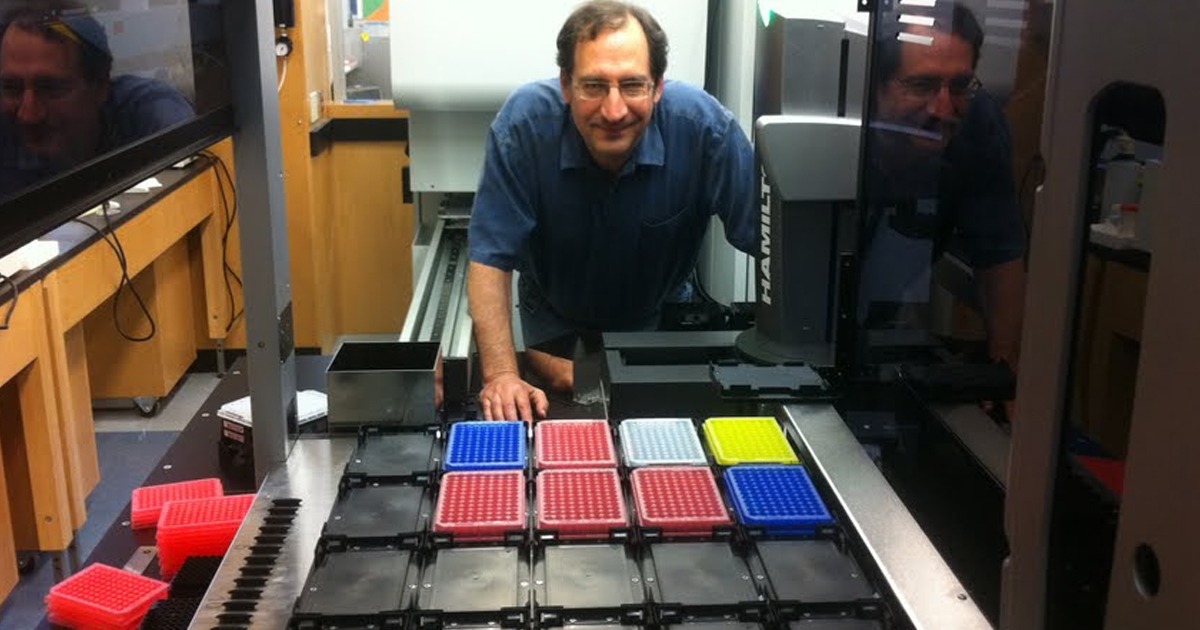A study developed by the US National Cancer Institute (NCI) tested the capability of an Artificial Intelligence (AI) algorithm.
The findings of this study were published in the Journal of the National Cancer Institute, titled entitled Accuracy and Efficiency of Deep-Learning–Based Automation of Dual Stain Cytology in Cervical Cancer Screening. It aimed to show the automated approach to cervical cancer detection.
For the analysis of the data they used CYTOREADER software an AI system for diagnosis by slide scanners, through cytology techniques, based on Google Cloud Platform for which it offers digital file management.
The algorithm was trained through deep learning for automated evaluation of dual-stained slides (DS, Double-stained). To do this, small areas of slides containing an individual number of epithelial cells were used. To train the deep learning algorithm deep learning, three researchers manually evaluated the results.

Through the cloud platform and biopsy-based DS slide-trained algorithm, conventional Pap smears and manual DS were compared in three epidemiological studies of cervical and precancers at Kaiser Permanente Northern California and the University of Oklahoma comprising 4,253 patients. Bilateral statistical tests were used to validate the study.
The results showed that automated testing through deep learning outperformed the current standard, Pap smear cytology. This could reduce the number of false positives and reduce the number of false positive results and reduce the number of colposcopies will be significantly reduced.
The researchers concluded the following on the use of AI: “Our results demonstrate that AI not only provides automation and objectivity but also delivers a substantial benefit for women by reduction of unnecessary colposcopies”. In addition, as a cloud-based system it can be globally accessible for use in health systems.
You can learn more about this studies and their results by entering into the open access publication at the following link: https://academic.oup.com/jnci/advance-article/doi/10.1093/jnci/djaa066/5862008#204943547
NIH
JOURNAL OF THE NATIONAL CANCER INSTITUTE
https://academic.oup.com/jnci/advance-article/doi/10.1093/jnci/djaa066/5862008
HEALTH CARE IT NEWS





